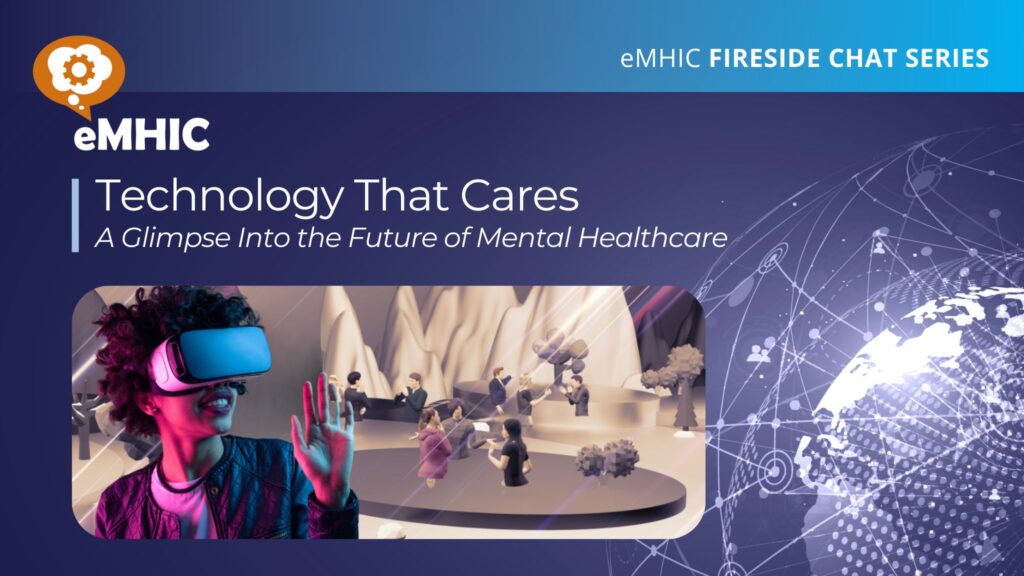According to data, the pandemic caused over 1.1 million American, nearly 60,000 Canadian, and over 2.2 million European deaths. Overall, over 7 million people died from the disease, and we are struggling to understand the impact of Long Covid.
Case Studies
-
-
Imagine having a compassionate, non-judgmental therapist available 24/7 at your fingertips. This is the emerging promise of generative AI chatbots. But are people actually using ChatGPT and similar tools for mental health support? And if so, what is it like to use?
-
Listen Well’s Latest Podcast: Fighting the Voices with Digital Therapeutics
by Listen Wellby Listen WellSchizophrenia is a serious mental illness, that typically begins when the person is young (in their late teens or early adulthood). It disrupts the person’s ability to think clearly, with one of the more frequent symptoms being auditory hallucinations (hearing noises). Listen in as Dr. Mo Alsuwaidan discusses this disabling …
-
Use of artificial intelligence (AI), advanced analytics, and workflows are going to be required for mental health organizations to be more efficient and effective, maximize revenue, and provide improved outcomes. In fact, we’re seeing a growing number of AI technologies and algorithms in use by mental health providers. Those who …
-
Improving Workplace Culture: The Role of Therapy Outcome Monitoring in Reducing Burnout
by Cindy Hansenby Cindy HansenLet’s set the stage, shall we? Imagine you’re a healthcare professional, committed to promoting wellness and improving lives. Day in, day out, you’re on the frontlines, carrying the weight of others’ ailments on your shoulders and relentlessly pushing yourself to do more and be more. Sound familiar? If so, you’re …
-
Hitting The Sweet Spot: The Art Of Measuring Impact For Anonymous Digital Services
by ReachOutby ReachOutIn an increasingly competitive funding market, impact measurement allows organisations to demonstrate their social value to key stakeholders, such as funders and the communities they support. It enables organisations to position themselves as leaders amongst a sea of competitors and helps them to remain accountable.
-
Suicide is the biggest killer of under 35s in the UK. Papyrus is the national charity founded for the prevention of young suicide, providing confidential support and advice to young people struggling with thoughts of suicide, and anyone worried about a young person through its helpline, HOPELINE247.
-
Young people and suicide prevention experts agree collaboration is the key to improving online safety in relation to self-harm and suicide, a new study has found.
-
S.A.R.A.H. is a Smart AI Resource Assistant for Health that represents an evolution of AI-powered health information avatars, using new language models and cutting-edge technology. It can engage users 24 hours a day in 8 languages on multiple health topics, on any device.
-
Based at the Mental Health Center Copenhagen, University of Copenhagen Denmark, VIRTU Research Group is at the forefront of developing virtual reality (VR) based treatments for psychiatric disorders. VIRTU utilizes the immersive power of VR to create safe and controlled environments where patients can confront their challenges.
Search Our Knowledge Bank
Upcoming Events
Webinar Replays
Member Login
Our Audience
eMHIC has and audience of 7 member countries (and growing) with thousands of subscribers around the worlds.
Something to share?
We value high quality information and will gladly receive your contribution




